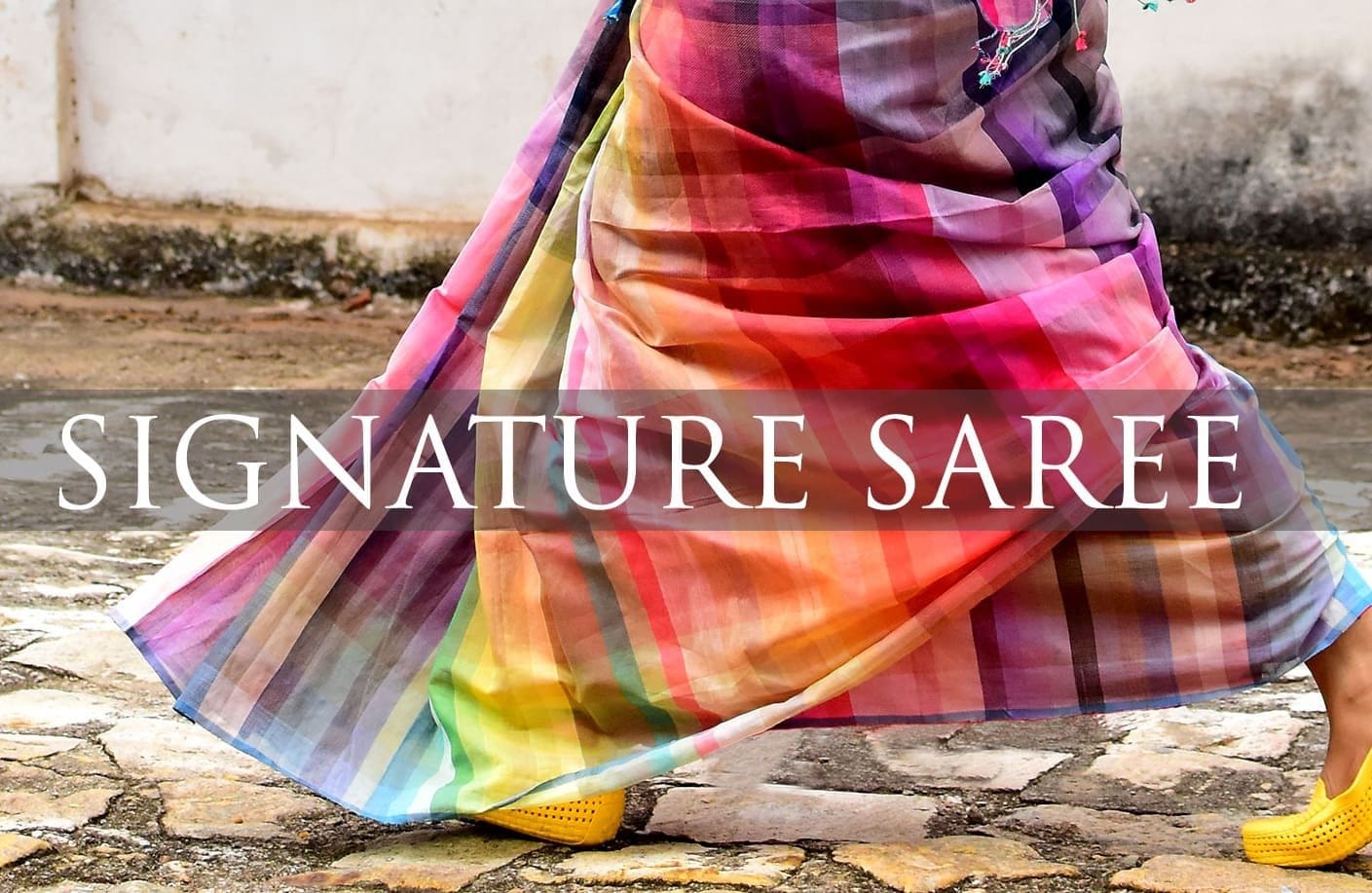Non-governmental organizations (NGOs) have played a major role in pushing for sustainable development at the international level. Campaigning groups have been key drivers of inter-governmental negotiations, ranging from the regulation of hazardous wastes to a global ban on land mines and the elimination of slavery. But NGOs are not only focusing their energies on governments and inter-governmental processes. With the retreat of the state from a number of public functions and regulatory activities, NGOs have begun to fix their sights on powerful corporations – many of which can rival entire nations in terms of their resources and influence. Aided by advances in information and communications technology, NGOs have helped to focus attention on the social and environmental externalities of business activity. Multinational brands have been acutely susceptible to pressure from activists and from NGOs eager to challenge a company’s labour, environmental or human rights record.
Ethicus is a Farm to Fashion initiative of the husband & wife duo Mani Chinnaswamy & Vijayalakshmi Nachiar which was established in 2009. It was launched with the aim to revive the rich local hand weaving traditions of the area through Product Development & Design Intervention.
 FOUNDERS OF ETHICUS
FOUNDERS OF ETHICUS
At the Ethicus Studio, each product is a handcrafted masterpiece, beautifully designed with intricate textures using a wide range of eco friendly colors.
Ethicus, works towards creating a product of the highest quality using the finest of Ecologic cotton yarns and the best of Artisans to create world class textiles for today.
A team of in-house designers ensure that a minimum of two collections are made every year, one for the spring – summer and the other for autumn-winter. The designs are an amalgamation of contemporary and traditional. The weavers are equally involved in the design process to help ideate various techniques of weaving, bridging the relationship between the designer and the weavers. Every design follows a theme and tells a story!

ETHICUS TEAM
The entire design process is documented and a great effort is put on to archive the designs and the samples developed.
In line with the philosophy of ‘Inclusive growth’, all Ethicus products carry tags with the picture of the weaver on it. It also states his name and the number of days it took him /her took to weave the product.
Other tags inform the customers about the ‘Ecologic project’ and recognize the effort of the cotton farmers. A tag also indicates the design story and the names of the designers or student interns who have worked on the project.
Ethicus products are available through exhibitions in India, abroad, online and in many stores across the country.
This is truly a ‘Made in India brand’ and has its ethos firmly based in creating the best of Indian textiles and reviving the pride in the traditional textile heritage of India.
Rare are those brands which along with making money, also promote the creativity of its employees. One such among few is a sustainable fashion brand called Ethicus. With its farm to fashion initiative, Ethicus, weaves the name of the artisan on the clothing item along with the number of days it took the person to weave the product. “Ethicus weavers are not considered as paid laborers but artisans.
The idea is to nurture and patronise age-old textile traditions” says VijayalakshmiNachiar, co-founder, Ethicus. Launched in 2009 by Nachiar with her husband Mani Chinnaswamy, Ethicus is now gearing up for an exhibition this month. Sustainable cotton-made saris are the highlight of the show.
Two kinds of saris are available for the exhibition visitors. “We realised that many working women wear saris every day. This is a product for truly a smart dressing style. The range is comfortable, stylish and lightweight, suitable for a whole day’s work… We call them our Board Room Saris,” says Nachiar. The second collection by Ethicus is called Made By Hand. Nachiar says, “These organic cotton saris can be passed on as heirlooms.”
BIBLIOGRAPHY
- Retrieved 13 September 2019, from https://scholar.valpo.edu/cgi/viewcontent.cgi?article=1040&context=jvbl
- About Us. Retrieved 13 September 2019, from https://www.ethicus.in/?route=information/information&information_id=4
- The rise and role of NGOs in sustainable development | Working with NGOs. Retrieved 13 September 2019, from https://www.iisd.org/business/ngo/roles.aspx
- Retrieved 13 September 2019, from https://www.facebook.com/Ethicus.in/
ARTICLE BY PRACHI TENDULKAR

